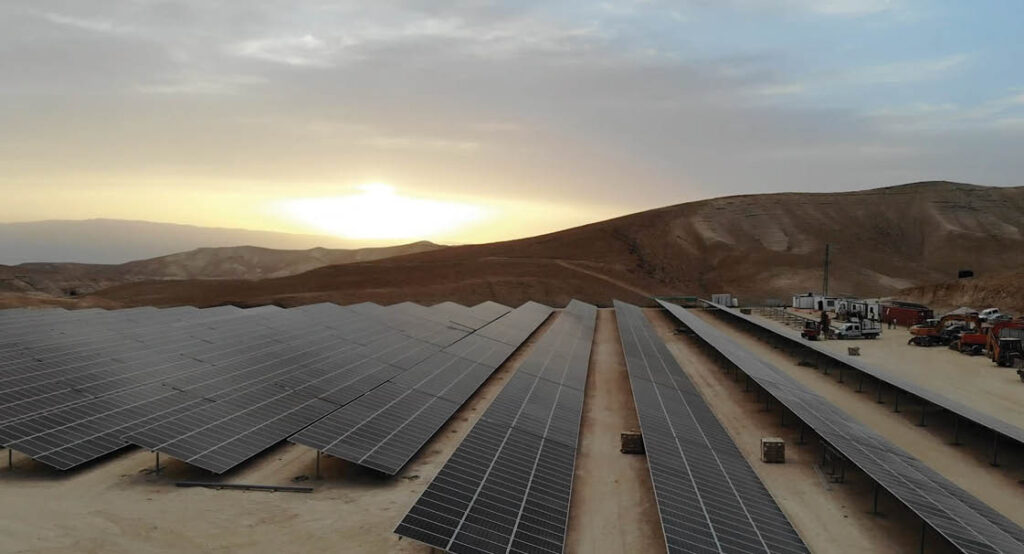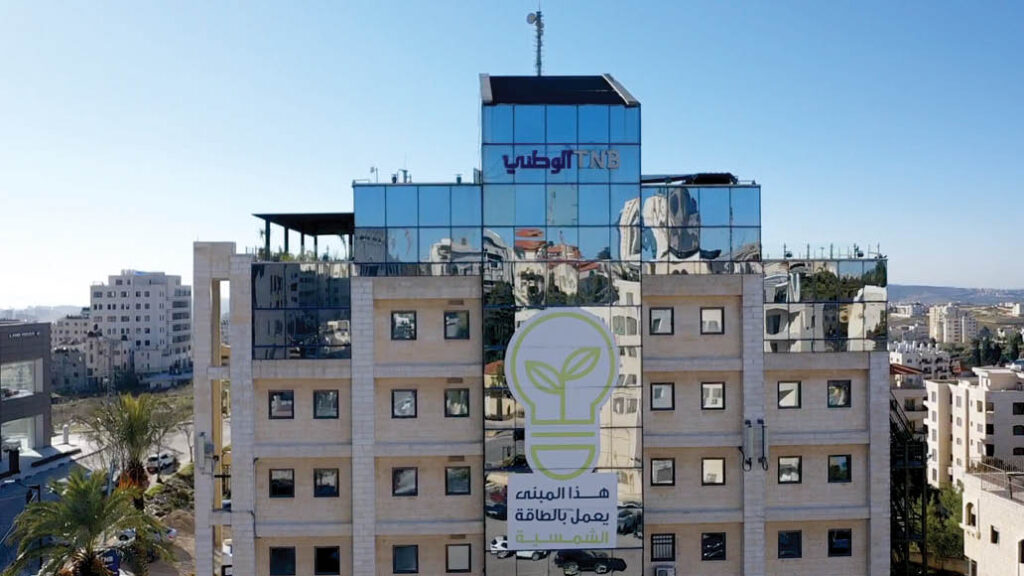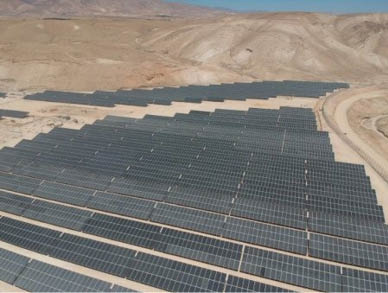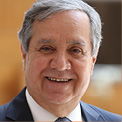Being a veteran in the Palestinian private sector and a long-term investor in our local economy, I can testify that one of the most challenging issues in our efforts to achieve cost efficiency is the very high cost of energy. For years, we have been yearning for a revolution in this sector that would allow us to enjoy a stable electricity supply, an efficient grid, and reasonable energy prices.
The cost of energy in Palestine is the highest in the region, including Israel. At The National Bank (TNB), for example, we pay a flat rate of US$0.21 per kilowatt hour, kWh. To illustrate this grave situation, I have consulted the trusted Global Petrol Prices website* and found from published data on electricity prices for 141 countries across the globe that the world average price is US$0.14 per kWh for household users and US$0.13 per kWh for business users. For us at TNB, this is a 40 percent higher rate than the global average cost. Moreover, according to the same source, Palestine ranks 103rd among the 141 countries, where businesses in our country pay more than those in all other Arab countries and in most of Europe.

The statistics cited above are frustrating because at this high rate of energy cost, we will hardly be able to compete with neighboring countries in any industry without policy and regulatory reforms that lead to effectively cutting the energy cost for the business community.
In my opinion, the solution is obvious: massive investment in renewable energy. This is not an illusion or fiction, but rather a measurable reality in Palestine, which is blessed with remarkably high solar irradiation and 315 days of sunshine. This simple reality makes Palestine a perfect destination for heavy investment in photovoltaic solar plants. In fact, according to the solar atlas of Palestine, which was published by the Palestinian Energy Authority, an investment in 1 kilowatt-peak (kWp) will result in generating more than 1,750 kWh of electricity annually, for at least 25 years.
Imagine Palestine going solar at a high rate in the next two to three years. This may lead to an astonishing reduction in dependence on Israel for electricity supply, significant financial savings, and a welcome contribution to the fight against global warming.
As a case in point, let me share with you my experience with solar energy investment at TNB. Our bank has 35 branches and offices in the West Bank, and our energy bill exceeds US$1 million every year. A few years ago, we conducted a study on the feasibility of using solar energy as an alternative and came out with very encouraging results. So we have decided to venture into generating our own energy for bank consumption.
A year ago, we invested in a solar plant of 1,127 kWp in Al-Nuway’imah, five kilometers north of Jericho, to generate all needed energy for the consumption of the bank’s headquarters in Ramallah and all branches in the governorates of Ramallah and Al-Bireh, Jerusalem, Jericho, and Bethlehem. The results are marvelous. We now operate using clean renewable energy generated from the solar plant.
This plant is a potential model that can be replicated for all businesses: TNB has invested in clean energy by purchasing a stake in Noor Jericho, Palestine’s largest solar park (7.5 megawatts peak total production capacity), in partnership with Birzeit Pharmaceutical Company and Istishari Arab Hospital.
Our bank is proud to be the first financial institution in the history of Palestine to invest in a mega-solar plant for its own consumption. Thus, we have drastically cut our energy expenses, inhabited deserted land north of Jericho, and contributed to lowering both dependency on Israel for energy supply and greenhouse gas emissions. In fact, we have literally invested for the benefit of our shareholders who will enjoy a good return on investment.

The solar energy plant generates more than 2 million kWh of electricity every year, which means 2 million kWh less to buy from Israel, which monopolizes our energy sector. The bank’s investment in solar energy not only lessens our dependency on Israel in the field of energy but also serves as a model of responsibility in protecting the environment. In fact, the energy produced by the plant reduces greenhouse gas emissions by 1,365 metric tons of carbon dioxide annually. This is equivalent to eliminating gas emissions from 295 passenger vehicles driven for one year, greenhouse gas emissions avoided by 464 tons of waste recycled instead of landfilled, and carbon sequestered by 22,570 tree seedlings grown for ten years. It is worth mentioning that TNB’s solar plant generates enough energy to supply the annual consumption needs of 550 families for at least 25 years.

Our experience in this field is so inspiring that we plan to energize the rest of our branches, especially in the northern West Bank, by creating another solar plant, which is currently in the planning stage.
*Available at https://www.globalpetrolprices.com/electricity_prices/.


